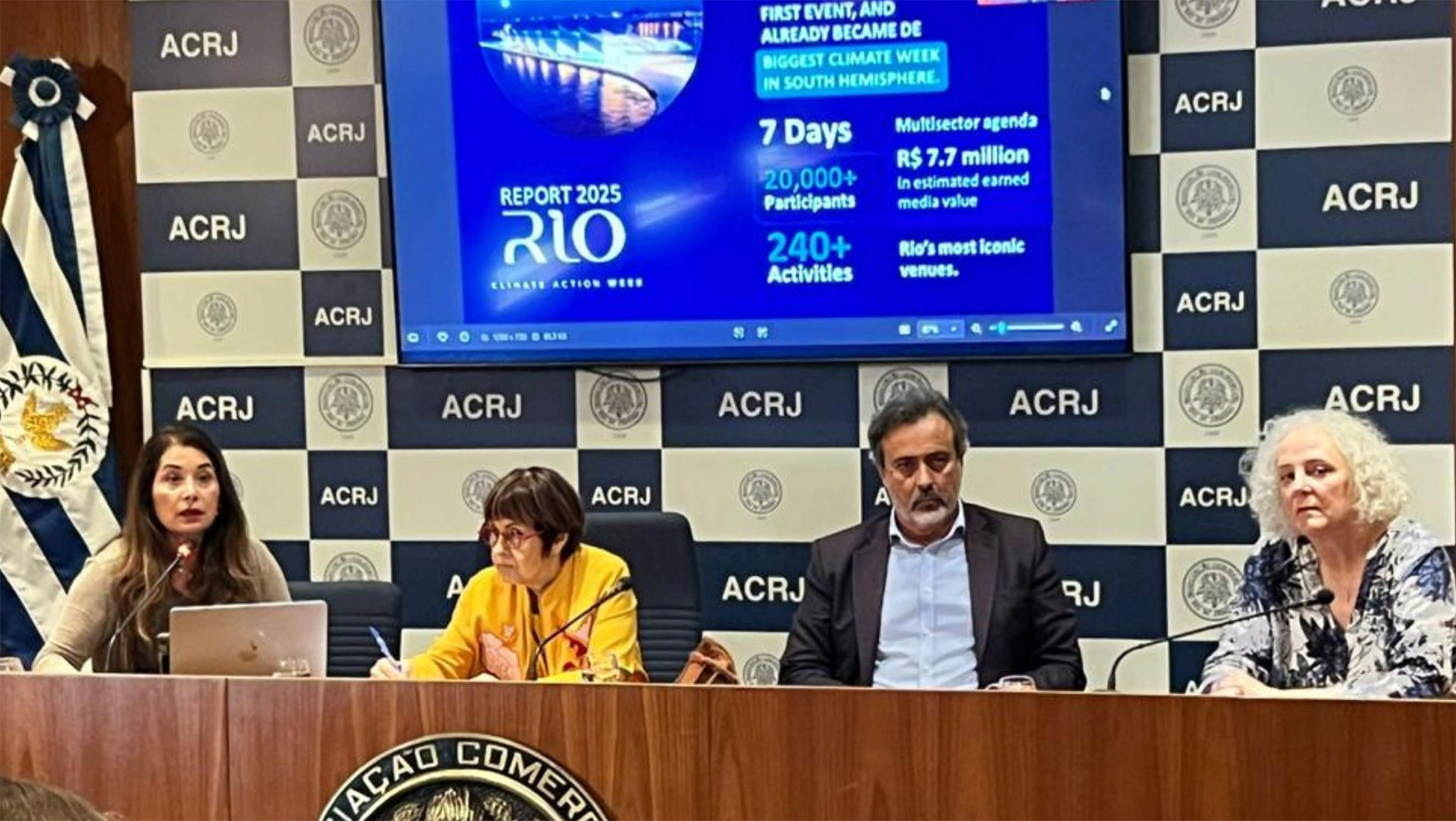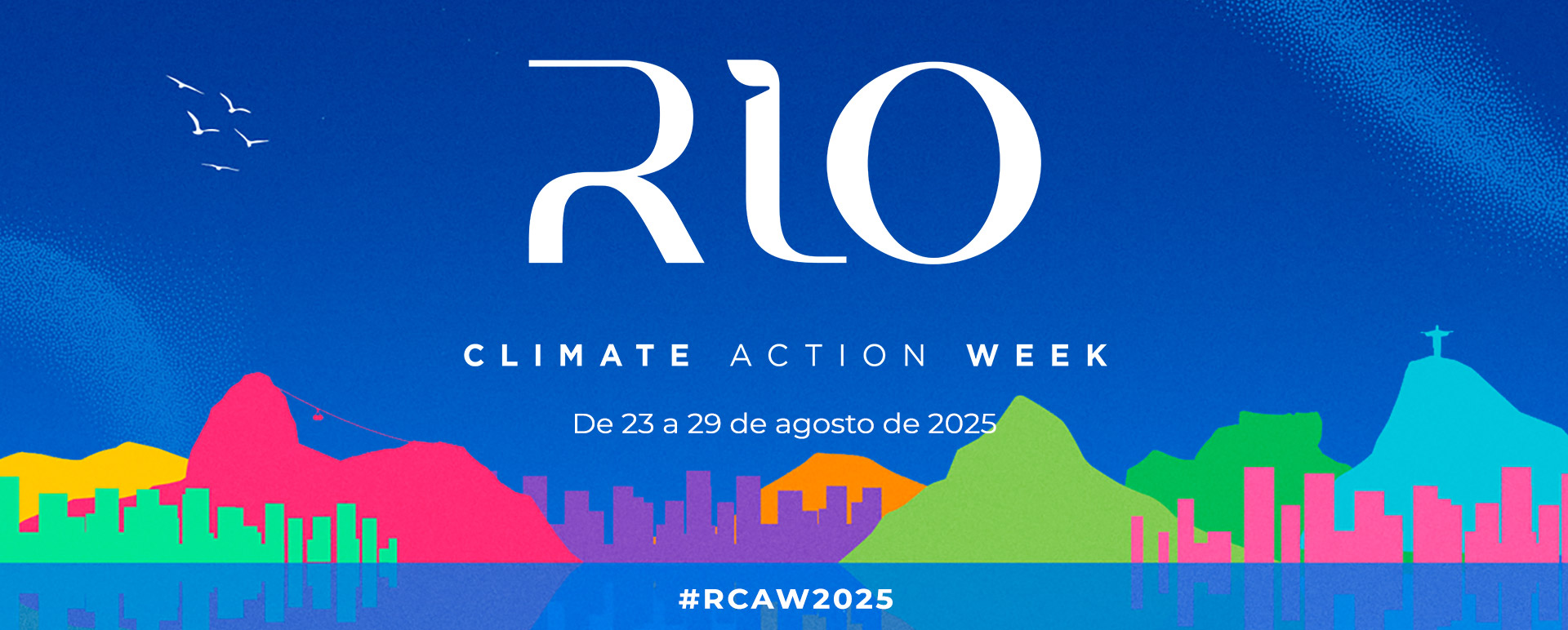The event will bring together multiple sectors of society in Rio from August 23 to 29, three months before COP30 in Belém, Pará. Learn how to take part.
By g1 Rio
Published: May 15, 2025 – 5:43 PM
The city of Rio de Janeiro will host the first edition of the Rio Climate Action Week (RCAW) from August 23 to 29 — three months ahead of COP30, which will be held in Belém, Pará.
The event will take place in different parts of the city and aims to gather various sectors of society around the debate on climate change and solutions tailored to Brazil’s reality.
With a decentralized program, RCAW is organized in partnership with the London Climate Action Week. In addition to its official programming, the event is accepting submissions for collaborative activities through the official website: rioclimateactionweek.org.
What is Rio Climate Action Week?
- Open and nonpartisan event
- Official and community-driven programming
- Activities include debates, talks, exhibitions, and guided visits
- Expected participation from companies, universities, startups, NGOs, and public institutions
RCAW is organized in Brazil by Pro Natura International, in support of the COP30 presidency, which will host the UN conference in Belém (PA) this November.
The goal of the event is to build momentum for the discussions that will take place at the UN climate conference, promoting climate solutions tailored to the Brazilian context.
Activities
Throughout the week, immersive actions are planned, such as:
- Artistic exhibitions with environmental themes
- Film screenings
- Dinners and gatherings with thought leaders
- Visits to iconic locations in the city
An International Model
The initiative is inspired by London Climate Action Week, held annually since 2019, and which has expanded to cities such as Bangkok, Dublin, Shanghai, and Sydney. In 2024, the London event brought together around 45,000 participants. RCAW aims to broaden the dialogue on sustainability, innovation, and green economic development. The organization seeks to engage different sectors of society, including financial institutions, philanthropy, academia, cultural and sports groups, among others.






